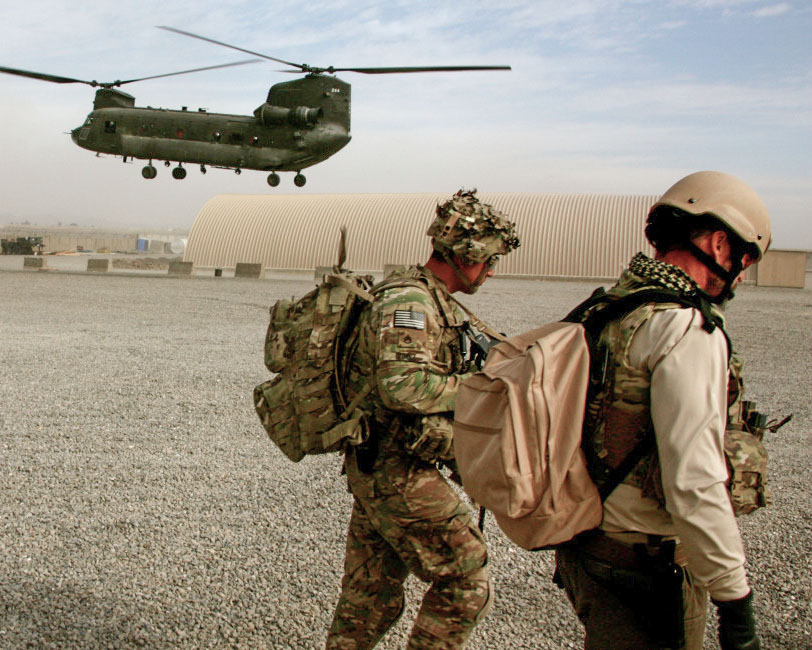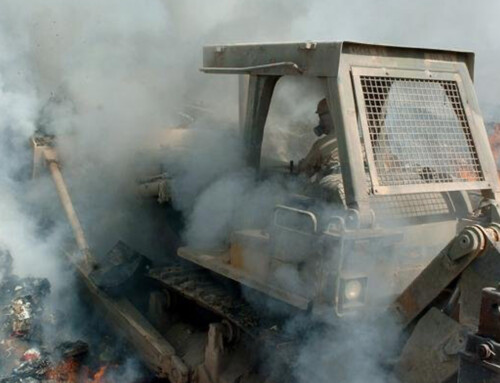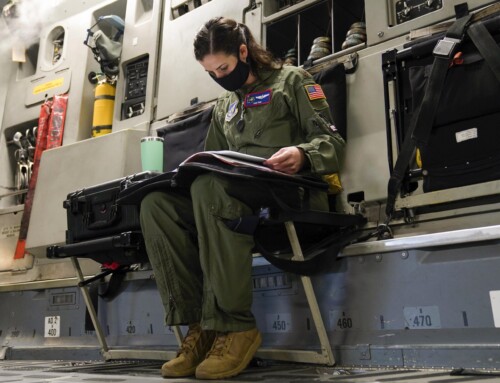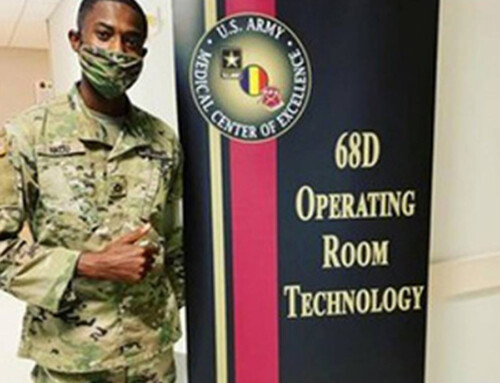Army Sgt. 1st Class Jeffrey Martin parked the truck outside the concrete slabs arranged in a defensive perimeter around the tactical operations center at Forward Operating Base Shank, Afghanistan.
A layer of fine brown dust hung in the air. Out in the distance, high, snow-capped mountains ringed the combined U.S.-Afghan base. C-130 transport planes and Apache helicopter gunships roared overhead at regular intervals.
“You wanna see where the rocket landed?” he asked me.
“Yeah, of course,” I replied.
In these trying times, we must turn to the greatest document in the history of the world to promise freedom and opportunity to its citizens for guidance. Find out more now >>
“How you doing?” he asked, knowing what was in store for me later.
“I’m fine,” I replied automatically, not knowing if it was a lie. “I’m sure it’ll sink in later.”
He said nothing.
It was December 2013, and I was embedded with the U.S. Army in Afghanistan as a foreign correspondent for United Press International. Due to the frequency of Taliban attacks, at the time FOB Shank was jokingly called “rocket city” by the U.S. soldiers stationed there.
Hills and urban areas dotted the enormous bowl valley within which the base sat in Logar Province, offering plenty of places for Taliban militants to hide and lob one-off rocket and mortar shots.
Consequently, the place was constructed like a medieval castle. Reinforced concrete and rebar bunkers lined with sandbags and stocked with first aid kits were never more than sprinting distance away.






